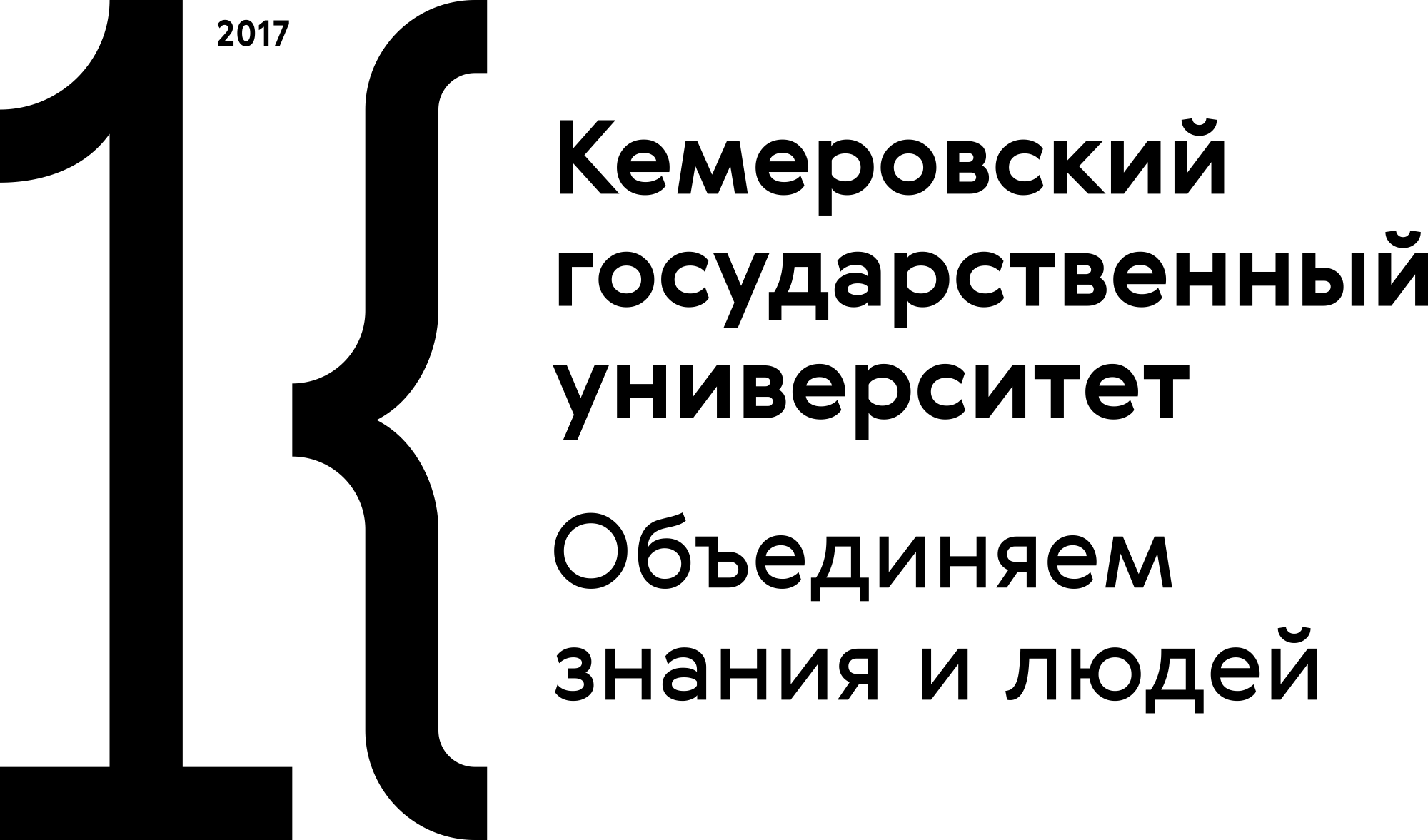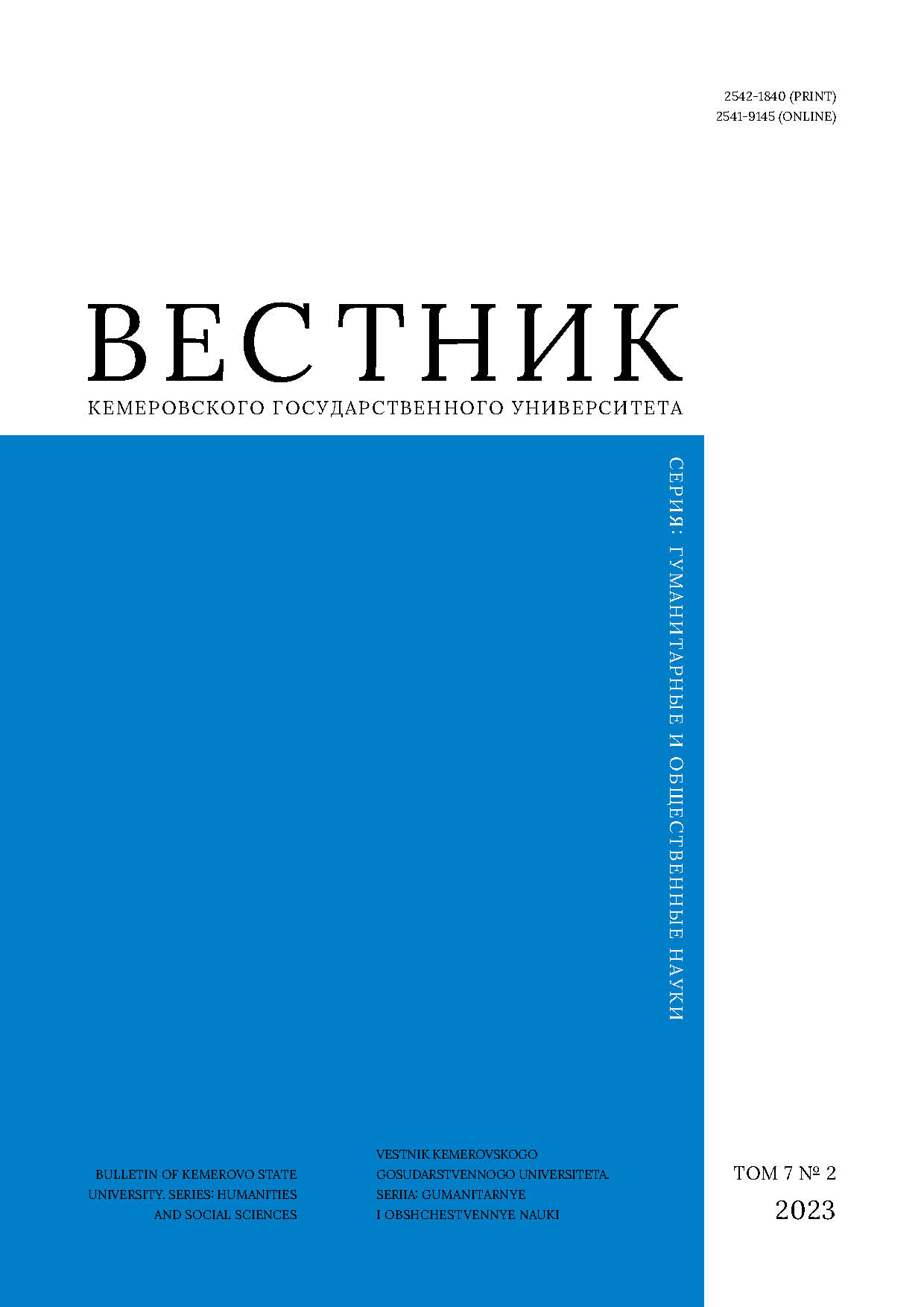Novosibirsk, Russian Federation
Novosibirsk, Russian Federation
Novosibirskiy gosudarstvennyy pedagogicheskiy universitet (kafedra informacionnyh sistem i cifrovogo obrazovaniya, professor)
Ekaterinburg, Russian Federation
The authors analyzed scientific and methodological publications on the methods of organizing online learning to identify the current directions in methodological support. These directions included the tools that provide digital communication, multimedia presentation, exchange of methodological materials, video hosting sites, and online tests. A survey of 58 teachers from the Novosibirsk and Sverdlovsk regions revealed their ideas about methodological support for online teaching. The research showed almost no correlation between the responses and the respondents’ gender, age, profile training, teaching experience, online teaching experience, etc. The respondents needed methodological support in mastering multifunctional communication tools, e.g., Microsoft Teams or Discord; the forms of presentation of multimedia graphic content as charts, infographics, intelligence maps, etc.; cloud services for the exchange of methodological materials; special forms to create online tests, e.g., Google Forms, WEBanketa, Menti.com. Most teachers demonstrated a good understanding of the procedure for using materials downloaded from video hosting sites as part of online lessons. The results of the study are relevant for Russian schools and determine the directions of additional training for teachers as providers of digital academic environment.
problems of online learning, methodological support, digital educational environment, digital tools, digital services, mass open online courses, multimedia content, online test, questionnaire
1. Uvarov A. Yu., Gable E., Dvoretskaya I. V., Zaslavskii I. M., Karlov I. A., Mertsalova T. A., Sergomanov P. A., Froumin I. D. Difficulties and prospects digital transformation of education. Moscow: HSE, 2019, 343. (In Russ.) https://www.elibrary.ru/anygho
2. Kulikova S. S., Yakovleva O. V. Pedagogical management in the digital educational environment: theoretical aspect. Obrazovanie i nauka, 2022, 24(2): 48-83. (In Russ.) https://doi.org/10.17853/1994-5639-2022-2-48-83
3. Ally M. Foundations of educational theory for online learning. The theory and practice of online learning, ed. Anderson T. 2nd ed. Athabasca, AB: Athabasca University Press, 2008, 15-44. https://doi.org/10.15215/aupress/9781897425084.01
4. Bystrova N. V., Remizova E. A., Ermolaeva E. L. Implementation of electronic learning in the digital educational environment. Problemy sovremennogo pedagogicheskogo obrazovaniia, 2020, (69-3): 14-17. (In Russ.) https://www.elibrary.ru/aczrhg
5. Shamina N. V. Online learning in the educational process: strengths and weaknesses. Kazan Pedagogical Journal, 2019, (2): 20-24. (In Russ.) https://www.elibrary.ru/nlnczt
6. Popova N. V., Veress J., Blagoveshchenskaya E. A., Kuzmina A. V. Multivariate analysis of online learning within the framework of systematic approach: aspects of improving the quality of online learning at a university. Man and Education, 2022, (1): 157-169. (In Russ.) https://doi.org/10.54884/S181570410020135-3
7. Fedosenko E. V. Psychological pressure of online education on schoolchildren and students: myths and reality. Obrazovanie i kachestvo zhizni, 2021, (3): 24-28. (In Russ.) https://www.elibrary.ru/rtllhq
8. Polyakova O. B. Specificity of student's emotional exhaustion in the context of online learning. Uchenye zapiski Rossijskogo gosudarstvennogo social'nogo universiteta, 2020, 19(4): 17-24. (In Russ.) https://www.elibrary.ru/senceh
9. Popova A. M. Online education of schoolchildren and students. Voprosy pedagogiki, 2020, (4-2): 283-287. (In Russ.) https://www.elibrary.ru/pfhrmy
10. Caplan D., Graham R. The development of online courses. The theory and practice of online learning, ed. Anderson T. 2nd ed. Athabasca, AB: Athabasca University Press, 2008, 245-264. https://doi.org/10.15215/aupress/9781897425084.01
11. Asadullin R. M., Dorofeev A. V., Levina I. R. Diagnostics of digital competencies of the pedagogue. Pedagogika i prosveshchenie, 2022, (1): 1-17. (In Russ.) https://doi.org/10.7256/2454-0676.2022.1.37153
12. Chikova O. A. Model of organization of educational work in the digital educational environment of the school. A modern teacher - a look into the future: Intern. Sci. and Educational Forum, Ekaterinburg, 17-18 Nov 2022. Ekaterinburg, 2022, pt. 1, 254-265. (In Russ.) https://doi.org/10.26170/ST2022t1-83
13. Klevetova T. V., Komissarova S. A., Popov K. A. Online educational technologies as a modern direction of learning in the communities of teachers and students. Modern problems of science and education, 2021, (3). (In Russ.) https://doi.org/10.17513/spno.30787
14. Zenkova L. A. Education of motivational-value relations to cognitive activities in the context of the digital educational environment students of the basic school. Problemy sovremennogo pedagogicheskogo obrazovaniia, 2022, (75-2): 130-133. (In Russ.) https://www.elibrary.ru/kqwrom
15. Zhmaev I. Yu. The application of the project method in online learning. Tendentsii razvitiia nauki i obrazovaniia, 2022, (90-1): 47-50. (In Russ.) https://doi.org/10.18411/trnio-10-2022-13
16. Shinkareva O. V., Orlova A. O., Mironova K. G. Online quest as a method of innovative teaching schoolchildren about the basics of financial literacy. MCU Journal of Economic Studies, 2022, (3): 101-111. (In Russ.) https://doi.org/10.25688/2312-6647.2022.33.3.9
17. Zhilmagambetova R. Z., Mubarakov A. M., Alimagambetova A. Z. Adaptive personalized teaching of mathematics - an innovative method of online teaching at school. Vestnik ZKGU, 2021, (4): 53-61. (In Russ.) https://doi.org/10.37238/1680-0761.2021.84(4).32
18. Grechushkina N. V. Online course: definition and classification. Vysshee obrazovanie v Rossii, 2018, 27(6): 125-134. (In Russ.) https://www.elibrary.ru/xrodtf
19. Zolotukhin S. A. Basic principles of assessment of massive open online courses. European Social Science Journal, 2015, (7): 228-234. (In Russ.) https://www.elibrary.ru/umzafr
20. Romanova N. L. Online courses as innovative form of distance learning. Pedagogika vysshei shkoly, 2018, (2): 5-8. (In Russ.) https://www.elibrary.ru/nusaud
21. Zhu M., Bonk C. J., Sari A. R. Instructor experiences designing MOOCs in higher education: pedagogical, resource, and logistical considerations and challenges. Online Learning, 2018, 22(4): 203-241. http://dx.doi.org/10.24059/olj.v22i4.1495
22. Zakharova U. S., Tanasenko K. I. MOOCs in higher education: advantages and pitfalls for instructors. Voprosy obrazovaniya / Educational Studies Moscow, 2019, (3): 176-202. (In Russ.) https://doi.org/10.17323/1814-9545-2019-3-176-202
23. Roshchina Ya. M., Roshchin S. Yu., Rudakov V. N. The demand for massive open online courses (MOOC): evidence from Russian education. Voprosy obrazovaniya / Educational Studies Moscow, 2018, (1): 174-199. (In Russ.) https://doi.org/10.17323/1814-9545-2018-1-174-199
24. Zhukova A. A. The level of development of information competence among teachers before and after the development of an electronic educational environment. Vestnik Sibirskogo instituta biznesa i informacionnyh tekhnologij, 2022, 11(3): 29-36. (In Russ.) https://doi.org/10.24412/2225-8264-2022-3-29-36
25. Gritsova O. A., Tissen E. V. Quality assessment of online learning in regional higher education systems. Ekonomika regiona, 2021, 17(3): 929-943. (In Russ.) https://doi.org/10.17059/ekon.reg.2021-3-15
26. Frolova O. V. Development of a system of professional support for teachers in the online education in school. Professional Education in Russia and Abroad, 2021, (4): 82-92. (In Russ.) https://doi.org/10.54509/22203036_2021_4_82


















